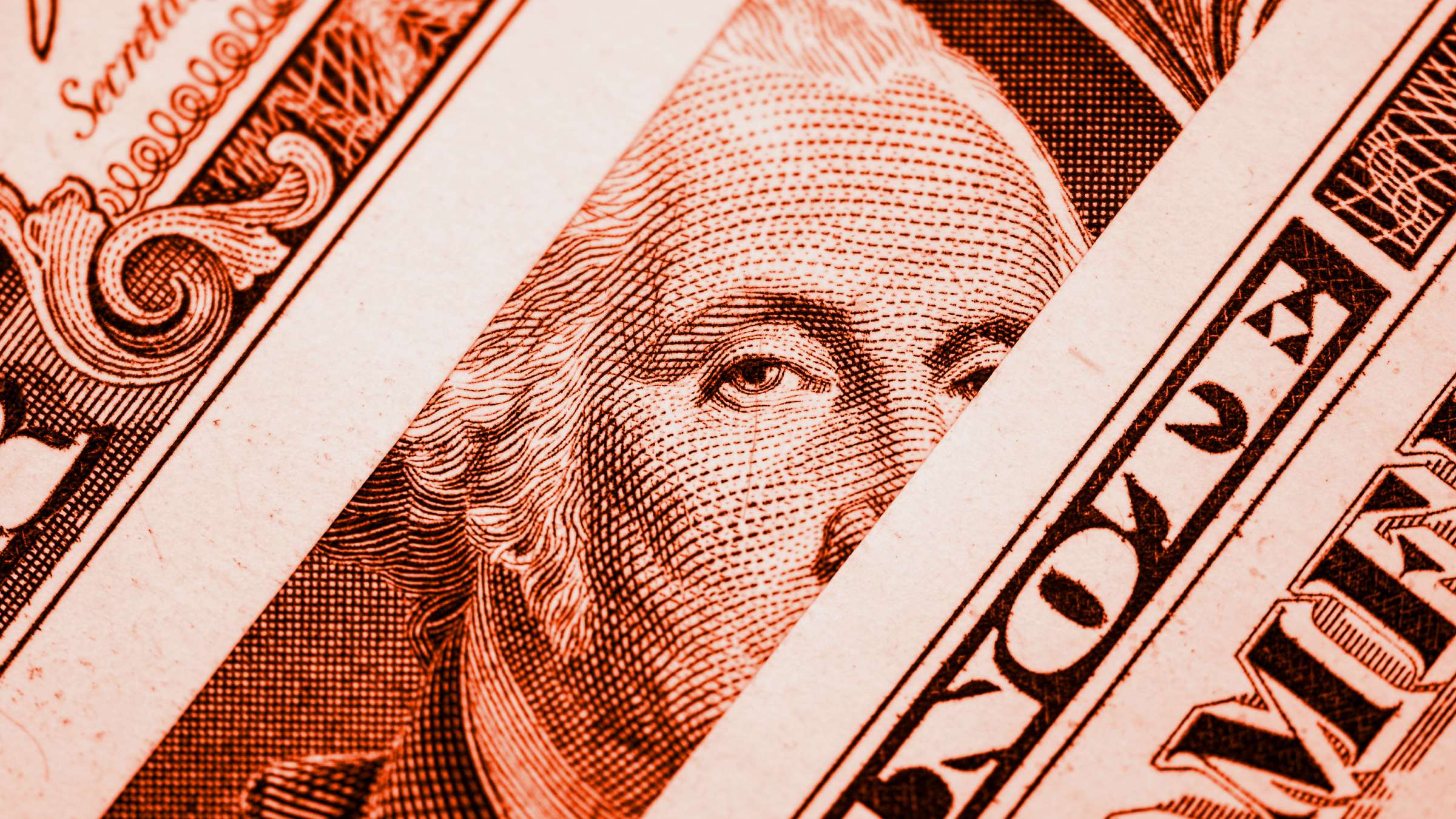
Trade Groups Urge U.S. to Push Against Chinese Regulations
HONG KONG — United States trade groups gave the Chinese government an earful last week about new policies that could hamper the ability of major technology multinationals to do business in China.
[Reposted from The New York Times | Paul Mozur | February 5, 2015]
Now, the other shoe has dropped.
In a letter addressed to key United States officials, including Secretary of State John Kerry, Treasury Secretary Jacob J. Lew and Commerce Secretary Penny Pritzker, 17 trade groups headlined by the United States Chamber of Commerce urged the government to push back against the Chinese policies, according to a copy of the letter viewed Thursday by The New York Times.
The letter called for the United States government to take “immediate action to work with Chinese officials to reverse an alarming number of troubling, new Chinese government policies impacting the information and communications technology (ICT) sector.”
The frustration felt by American companies shows how they find themselves in the middle of a deepening conflict between China and the United States over online security and technology policy. China cites disclosures from the former National Security Agency contractor Edward J. Snowden as proof of a need to push back against United States technology. Meanwhile, the American government has accused Chinese military personnel of cyberattacks designed to aid domestic companies.
The trade groups repeated their concerns in a separate letter sent last week to a top-level Chinese Communist Party committee on cybersecurity, and called for an end to Chinese regulations that encourage the use of domestic hardware and software in Chinese companies and government agencies.
Arguing that the Chinese rules “will have a significant negative impact on U.S. ICT companies’ market opportunities in China,” the letter also said that the policies “raise serious questions regarding China’s international trade commitments and its bilateral commitments to the United States.”
It added that loss of revenue from being cut off from China would in the long term damage American companies’ ability to spend on critical research and development and could ultimately bleed into other industries.
Of particular concern to American companies are new rules that would force tech companies looking to sell into China’s banking industry to submit products to invasive security tests, provide sensitive source code and use local Chinese encryption algorithms. Other potential new rules mandate the storage of data produced by Chinese companies within China and the disclosure of encryption keys to the Chinese government.
Since the letter sent last week to Chinese officials, it has been unclear how the United States government will respond to obvious discontent from trade groups that represent its largest high-tech champions.
One clue came at the bottom of the letter seen by The Times on Thursday. Noted as receiving copies were J. Michael Daniel, the cybersecurity coordinator at the National Security Council; Robert Holleyman, the deputy United States trade representative; and Alex Niejelow, the chief of staff to the United States intellectual property enforcement coordinator.
The three officials co-wrote a piece published Wednesday on the news website Politico that branded the new Chinese regulations “anticompetitive trade barriers.”
Listing a series of points of contention between China and the United States on tech policy, the article urges China to reconsider the new rules and to cease cyberattacks. Going even further, it challenges the Chinese-endorsed model of online governance — known as Internet sovereignty — under which countries may censor, monitor and control the Internet within their borders.
“The United States will remain steadfast in our defense of Internet freedom and a multi-stakeholder-driven Internet governance model, as well as continue our support for norms of state behavior in cyberspace that facilitate international trade and commerce,” the authors wrote.
Though the article ultimately calls for cooperation between the United States and China, the numerous disagreements it brings up show how difficult it could be to reach an agreement. That raises the question of whether what is now a war of words could broaden into a war of the trade variety if the two sides cannot reach consensus over governance of the tech industry and the Internet more broadly.













